Business simulation games allow students to lose EUR 50,000 while earning learning
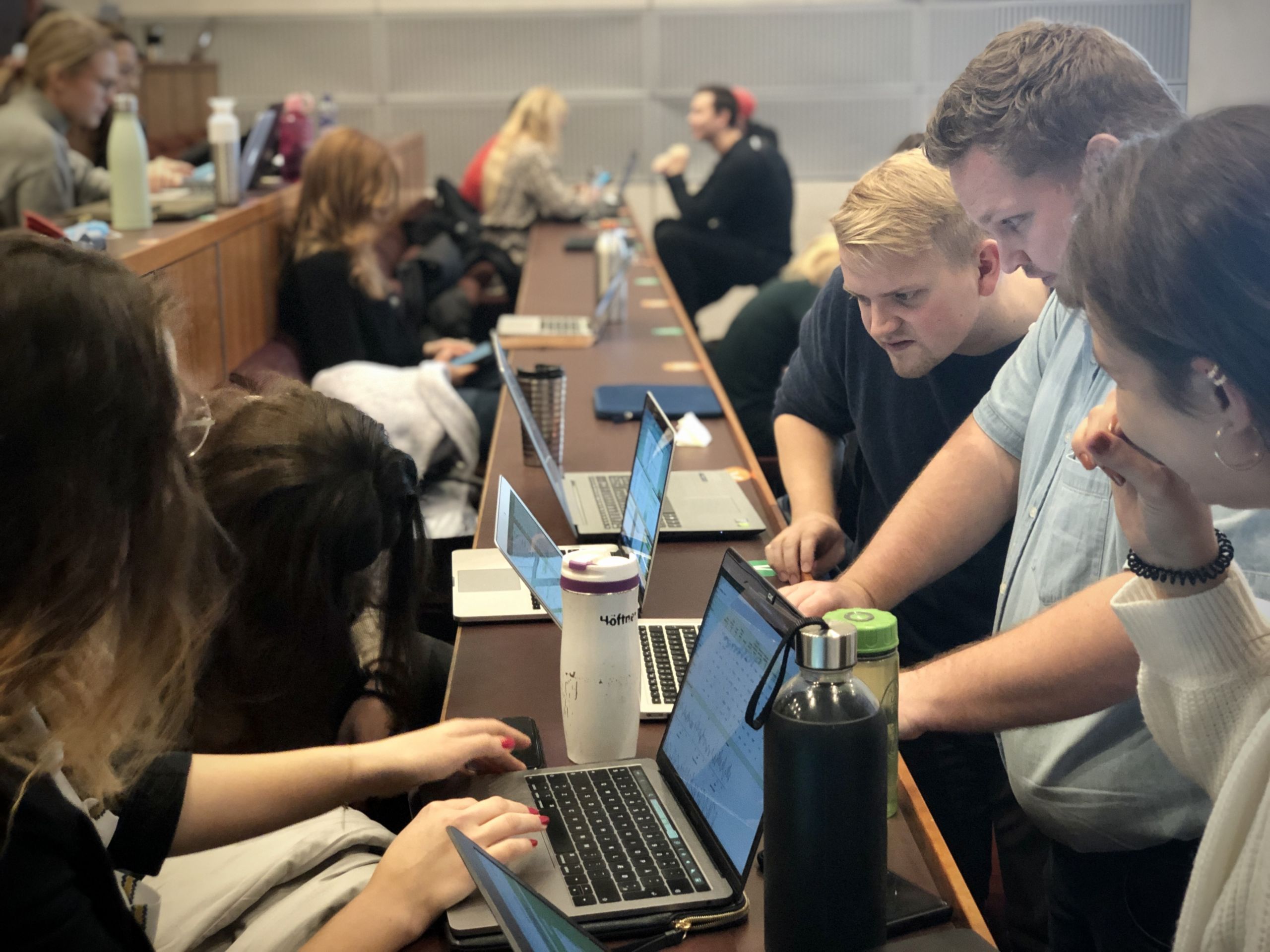
Students from the MSc in Economics and Business Administration – Supply Chain Management program finishing up their final round in the computer game Cool Connection. (Photo: Anne M. Lykkegaard)
Thanks to two business simulation games, CBS students are learning the complex theories and mechanics behind running a business. “I had to lay off a supplier because he didn’t do his job well enough,” says a student.
Playing video games is usually something you do in your free time. But for students doing the courses on Global Financial Analysis and Supply Chain Management at CBS, video games are a crucial learning tool.
The students are playing two business simulation games, The Cool Connection and The Fresh Connection, which involve running either a business selling cosmetics or a juice manufacturer.
Thomas Frandsen, Associate Professor, and Victor Lund, Assistant Professor at the Department of Operations Management, have introduced the business simulation games to the students from the MSc in Economics and Business Administration – Supply Chain Management program and the BSc in Economic and Business Administration (HA Almen). In groups of four or five, they take on different roles within the virtual business. For example, they can be the CFO, run sales, manage the supply chain or be the head of purchasing.
“One of the strengths of these games is that there are multiple decisions to be made, and all of the decisions are linked, which is what we want to teach them. Usually, you focus on one area at a time – finance or marketing, but supply chain management is different, as you need to engage all the areas. Through the games, they really get that message under their skin and experience that decisions have consequences,” says Thomas Frandsen.
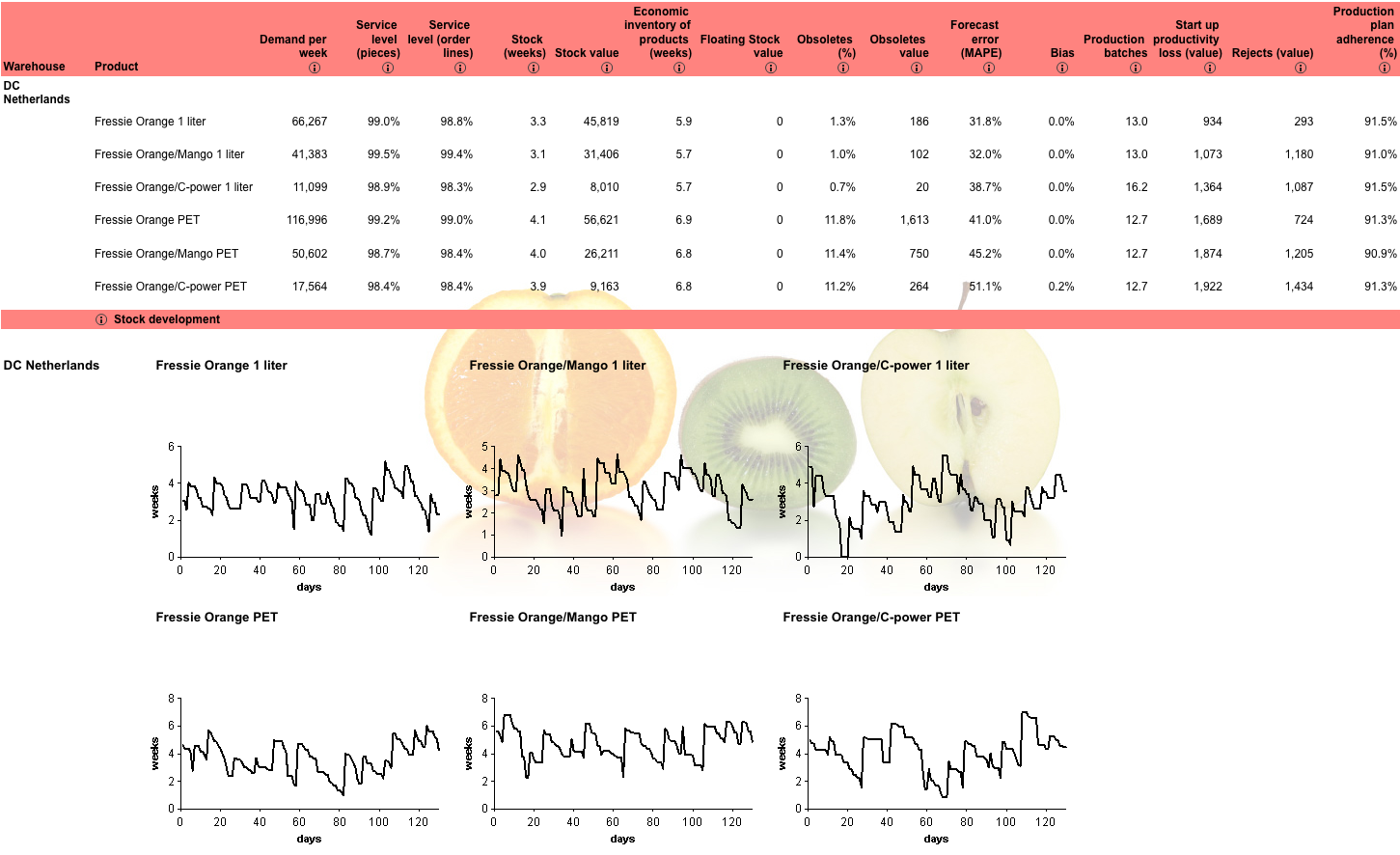
The game is played in rounds that present students with new and progressively tougher decisions to be made. For example, at some point the juice producers have to consider whether they should replace some machinery at the factory. A machine that produces juice bottles on site costs EUR 700,000 and will minimize storage space required for pre-ordered bottles. However, they have to pay EUR 70,000 every six months to have the machine. Is that a good investment?
A group from the HA Almen program faced decisions like these when playing the game.
“Whenever we made a change in one department, we immediately saw how it affected other parts of the business. For example, we bought a new machine for our juice company, which would do a lot of the manual work we had hired people for. We just forgot to lay off the employees, which showed in our accounts. So in the last round, we fired half of our staff members,” says Katrine Larsen, who is taking the Supply Chain Management course.
Thomas Frandsen points out that so-called experience-based learning is something the students value, but it requires the right environment.
“So-called experience-based learning can be hard to obtain in a safe environment. Yes, you can do internships, but through the simulation games, no one is being criticized for losing EUR 50,000, but they learn from their mistakes,” says Thomas Frandsen.
The final rounds of The Fresh Connection and The Cool Connection were played on Friday November 20, when the two teams with the biggest return on investment and the overall weighted scores were awarded the ‘Best Student Award for Excellence in Financial Analysis of Supply Chains’.
“The game is super realistic”
When Trine Møldrup, a fifth-semester HA Almen student, heard that they would be playing a video game as part of the course, she had one thought:
“That’s great! That’s right up my street and something I can handle for sure,” she says.
The students meeting CBS WIRE for the final course session all agree that the games offer a different way of learning.
“The game is super realistic. I played the role of the business’ purchaser, so I had to check the price of our goods and the quality, and continuously make new decisions and sign contracts with suppliers. At one point, I had to fire a supplier for not doing his job well enough,” says Kasper Simonsen, another HA Almen student.
The article continues after the box.
The students played the game over 7 rounds, and with every new round, they had to make new and more complex decisions, not always knowing how they would pan out. Each time, Thomas Frandsen waited until the next round to run the simulation and show how the different teams were doing.
“This element of uncertainty made it very exciting. Had we made the right decisions or not? We won in the end, so it’s really satisfying to see that we did well and made the right choices,” says Omar Ghafar.
Andreas Folner is excited about the more practical approach to teaching, as he feels he learns more than with just the theories. On the question of whether he wants more teaching based on video games like the Fresh Connection he says:
“It takes a lot of time to get to know the game mechanics, so it probably wouldn’t work on all courses. Also, if you have too many games, you might mix them up.”
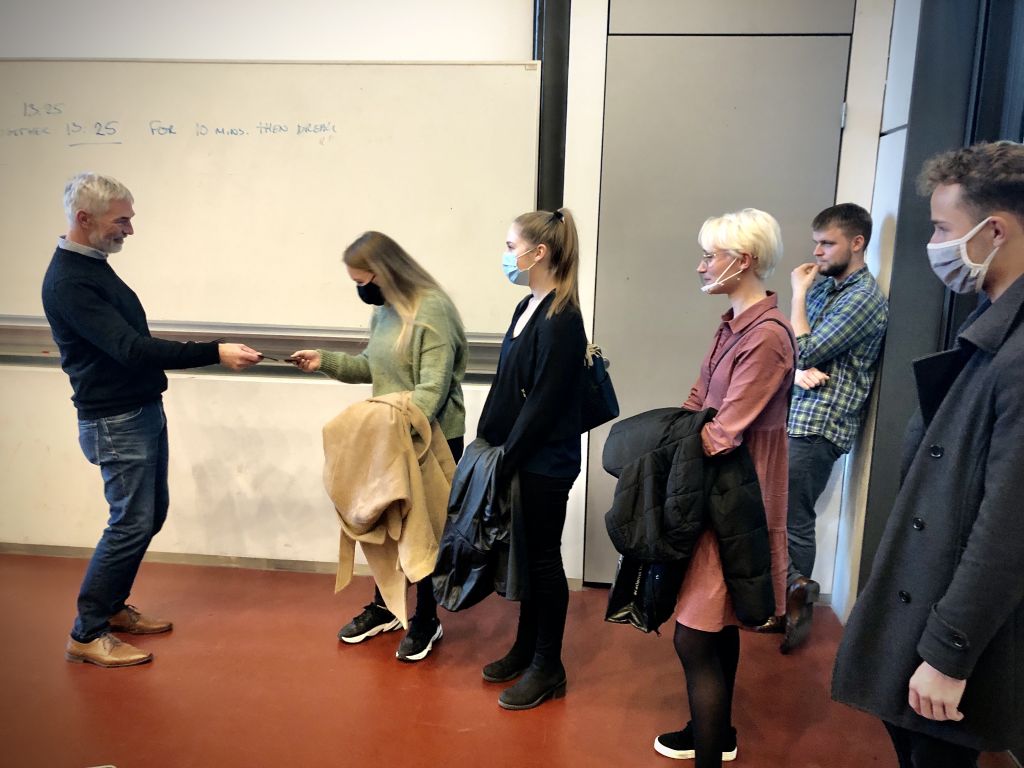
One of the winning teams from the HA Almen program received an award for the highest return on investment. The group had to layoff half of their employees during the game to take home the prize. (Photo: Anne M. Lykkegaard)
Making online chatting easier
The game sessions are run mainly online with a few classes on campus, but Thomas Frandsen feels the game encourages even more interaction and online dialog than on campus.
“The students can be very reluctant to participate in online classes. However, when they work in groups online and have breakouts with me, they are extremely engaged and ask lots of questions about what how they can improve at the game. For example, one group was running with a deficit for some time, and couldn’t seem to crack the code, so we had a long talk and now I can see they are making a profit,” says Thomas Frandsen and continues:
“I think the group chats work better for some students who don’t feel comfortable about speaking up or asking questions in front of 100 students. Either online or on-campus, which is understandable, so it’s good to know that this could solve the problem.”
Another point Thomas Frandsen has noticed over the years he and Victor Lund have been running the business simulation games is that students seem to learn the complex theories and practices of supply chain management easier.
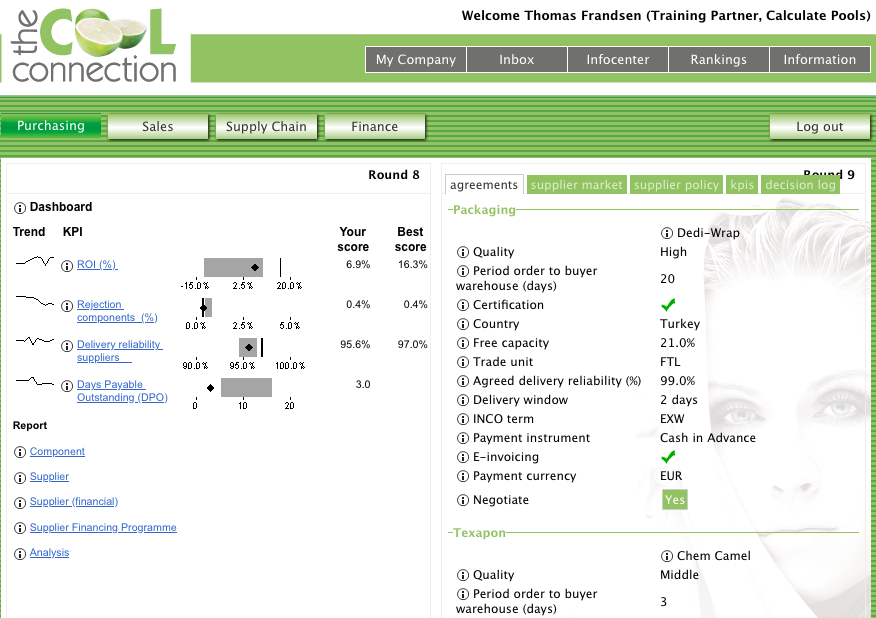
“Some students ask me why we have to play the games. Why can’t I just tell them about the models and theories. But the knowledge doesn’t stick in their minds in the same way if I just tell them. They have to learn from their mistakes, which they do in the game,” he says and adds:
“The best thing is at exams when students tell me that revising has been very easy, as we have worked so much with the different terms and models through the game that they are comfortable with the terminology.”
Thomas Frandsen and the department are working on scaling up the use of the business simulation games to offer more students the experience, and it is well in line with CBS’ new strategy of transforming its students.
“We are transforming our students. We are guiding them through a learning portal, so to speak, using the game, and when entering, it may not be clear what you’ll gain from it, but they need confidence in the fact that they will gain something from this. They will gain understanding that they didn’t have, and they will view the world differently. They will be transformed. That’s what we want. It’s hard to explain, but it’s not hard when you’ve tried it,” he says.



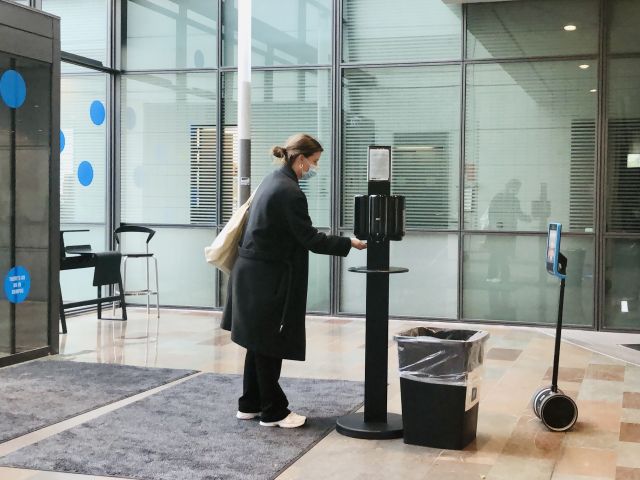

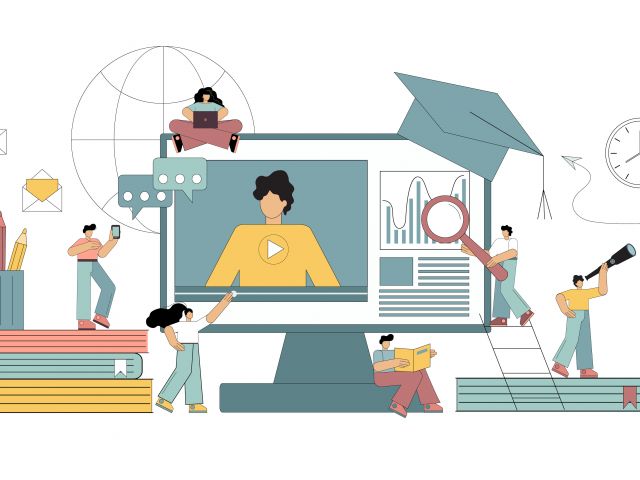
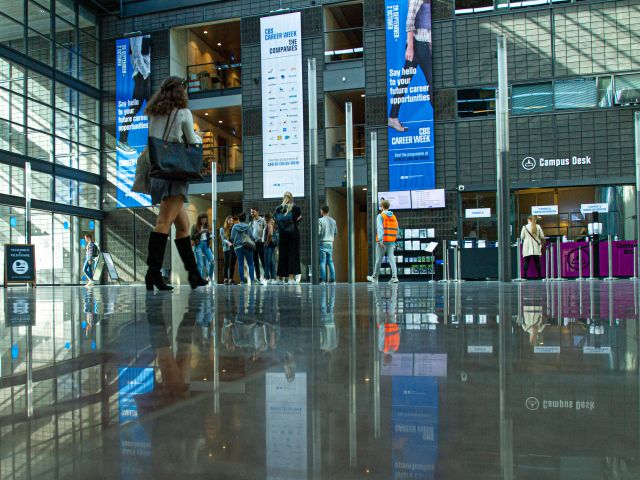





























































































































Comments